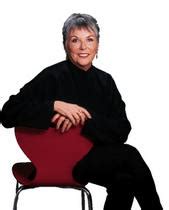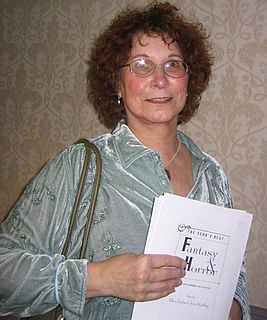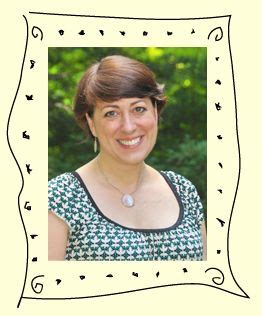A Quote by Ann Maxwell
As science-fiction was what I read in college, it was natural that I should be tempted to write it. So I did, and continued to do so, even while I was co-authoring mysteries with my husband Evan.
Related Quotes
I guess...on one hand, I spent way too much time watching science fiction and reading science fiction when I was growing up. But a part of it is I also never felt much of a connection to the world in which I lived while I was growing up, and so, oddly enough, I think I felt a lot more connected to the worlds that I read about in science fiction.



































